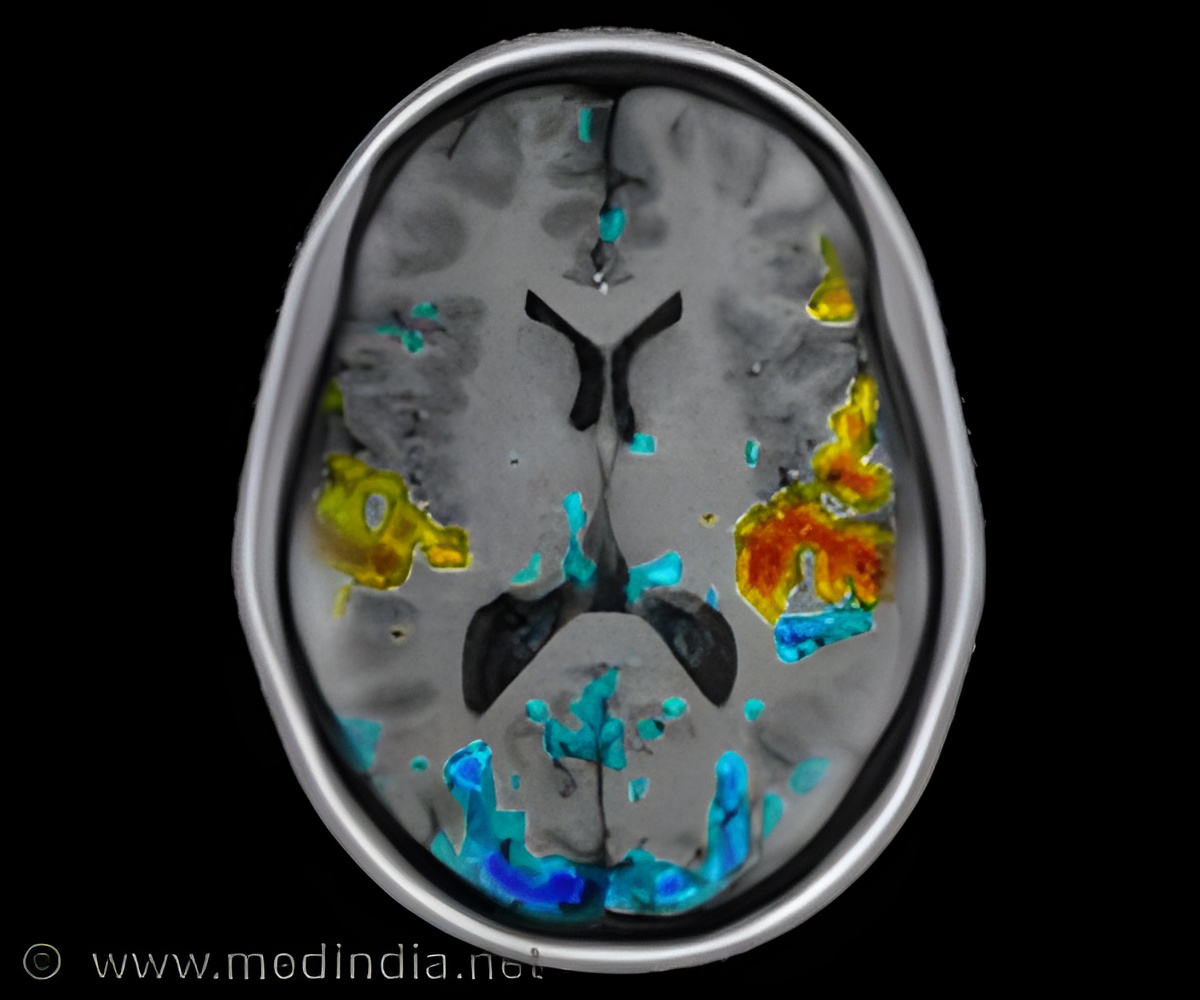
Dr. Nigel Blackwood added, "Psychopathic offenders are different from regular criminals in many ways. Regular criminals are hyper-responsive to threat, quick-tempered and aggressive, while psychopaths have a very low response to threats, are cold, and their aggressively is premeditated. Evidence is now accumulating to show that both types of offenders present abnormal, but distinctive, brain development from a young age."
Researchers pointed that in order to develop programs that prevent offending and rehabilitation programs that reduce re-offending, it is essential to identify the neural mechanisms underlying a psychopath's persistent violent behavior. They used Magnetic Resonance Imaging (MRI) to study brain structure and function in a sample of violent offenders in England, one group with psychopathy and one without, and a sample of healthy non-offenders.
Structural abnormalities were seen in both gray matter and specific white matter fiber tracts among the violent offenders with psychopathy. There was reduction in gray matter volumes bilaterally in the anterior rostral prefrontal cortex and temporal poles relative to the other offenders and to the non-offenders. Researchers stressed that these brain regions are involved in empathy, the processing of pro-social emotions such as guilt and embarrassment, and moral reasoning. Abnormalities were also seen in white matter fiber tracts in the dorsal cingulum, linking the posterior cingulate cortex to the medial prefrontal cortex that were specifically associated with the lack of empathy that is typical of psychopathy. These regions are also involved in learning from rewards and punishment.
The results of the studies are providing insights into the neural mechanisms characterizing adult violent offenders that may be used, along with other findings, in designing programs to reduce recidivism. The results also provide hypotheses about the abnormal development of violent offenders to be tested in studies of children. This information is also critical in the development of programs to prevent violent criminality. Hodgins said, "Since most violent crimes are committed by men who display conduct problems from a young age, learning-based interventions that target the specific brain mechanisms underlying this behavior pattern and thereby change the behavior would significantly reduce violent crime."
Source-Medindia














